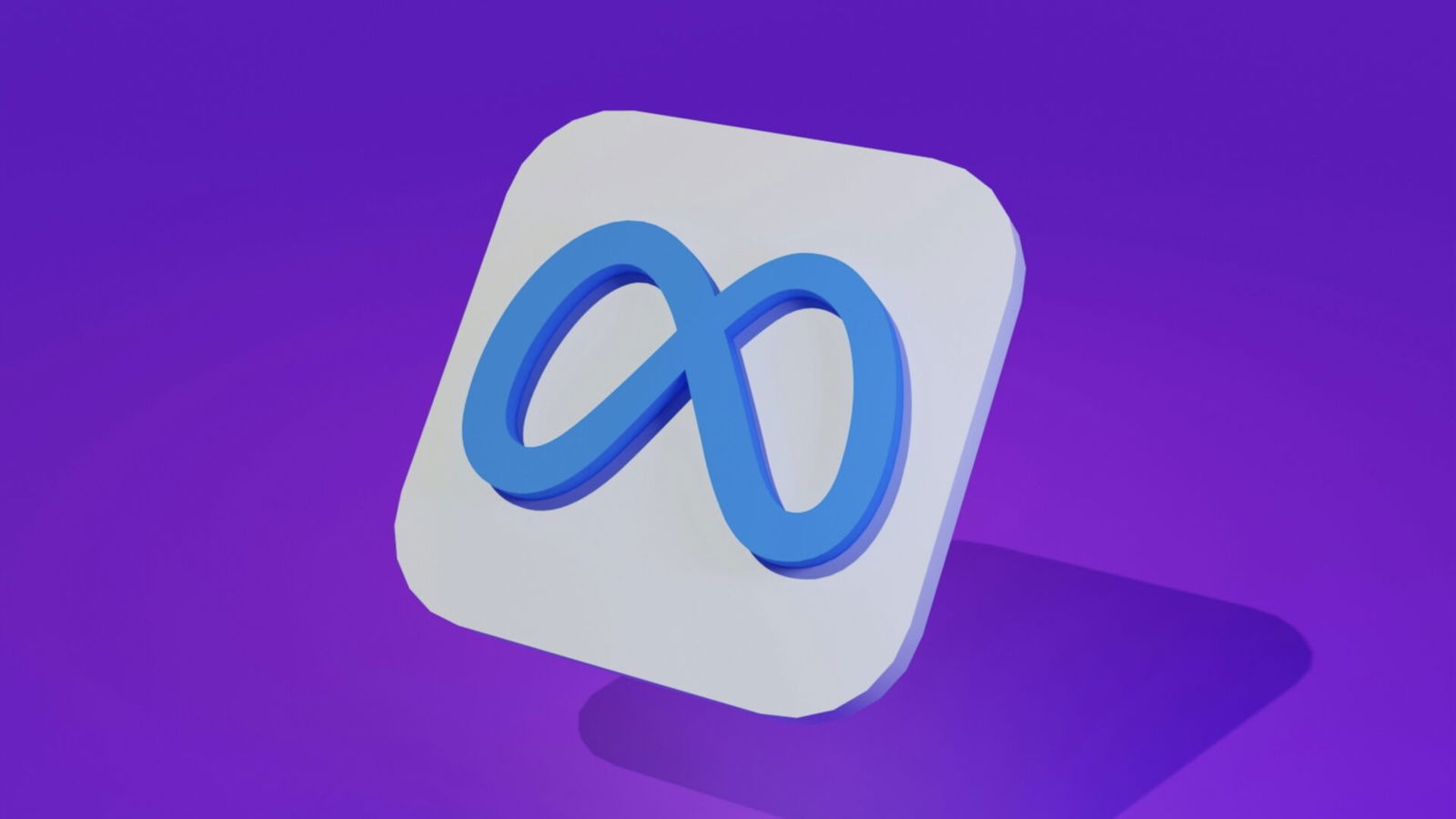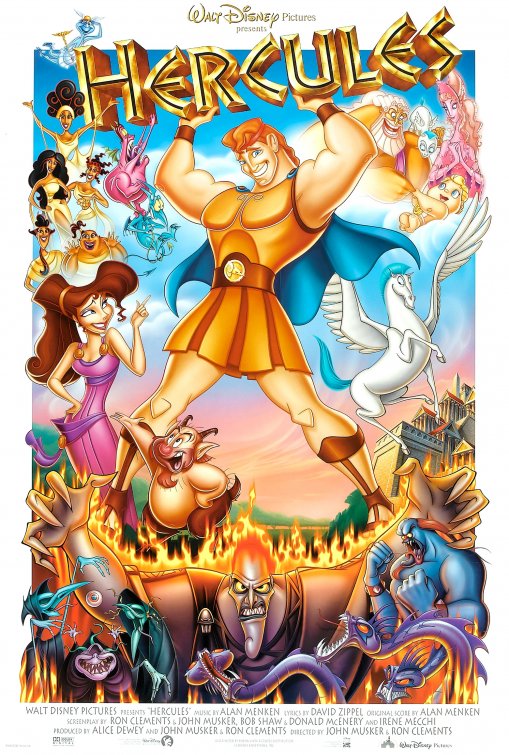
By India McCarty
Meta is fighting back against accusations from the Federal Trade Commission of monopolizing the social media landscape.
“They decided that competition was too hard,” FTC attorney Daniel Matheson said in his opening statement, per NPR. “And it would be easier to buy out their rivals rather than compete with them.”
Meta has been accused of buying Instagram and WhatsApp in an effort to crush the competition. However, Meta maintains it helped grow these acquisitions into multimillion dollar companies and that the purchases were approved by regulators when they were made. The company also claims that, despite their partnerships with Instagram and WhatsApp, they still face plenty of competition.
“The FTC’s lawsuit against Meta defies reality,” Meta spokesperson Christopher Srgo said in a statement shared with The Verge. “The evidence at trial will show what every 17-year-old in the world knows: Instagram, Facebook and WhatsApp compete with Chinese-owned TikTok, YouTube, X, iMessage and many others.”
Srgo continued, “More than 10 years after the FTC reviewed and cleared our acquisitions, the Commission’s action in this case sends the message that no deal is ever truly final. Regulators should be supporting American innovation, rather than seeking to break up a great American company and further advantaging China on critical issues like AI.”
Meta’s lawyer, Mark Hansen, also argued that it is impossible for Meta to hold a monopoly on social media platforms, as all their apps are available for free.
Meta might be brushing off the accusations, but many experts in the field think the FTC has a pretty good case, with Rebecca Haw Allensworth, an antitrust professor at Vanderbilt Law School, calling it “one of the stronger of the tech cases that have been brought in the last five years.”
She pointed to a 2012 message Zuckerberg wrote to his then-CFO about purchasing social media startups like Instagram — “The businesses are nascent but the networks are established, the brands are already meaningful and if they grow to a large scale they could be very disruptive to us.”
Zuckerberg took the witness stand on Monday, in the first of what is expected to be two days of testimony (video via YouTube).
Related: Former Meta Executive Exposes Company’s Censorship
He was questioned about the move on many Meta platforms from “friends”-only content to showing users more third-party content, such as the news feed and groups users can join, and admitted “The ‘friend’ part has gone down quite a bit, but it’s still something we care about,” per CNN.
The FTC’s case against Meta has been a long time coming, and many are glad to see that the tech company’s massive influence is finally being looked into.
Read Next: Meta Says Facebook Will Soon be Filled with AI Bots



 - Content:
- Content: 

